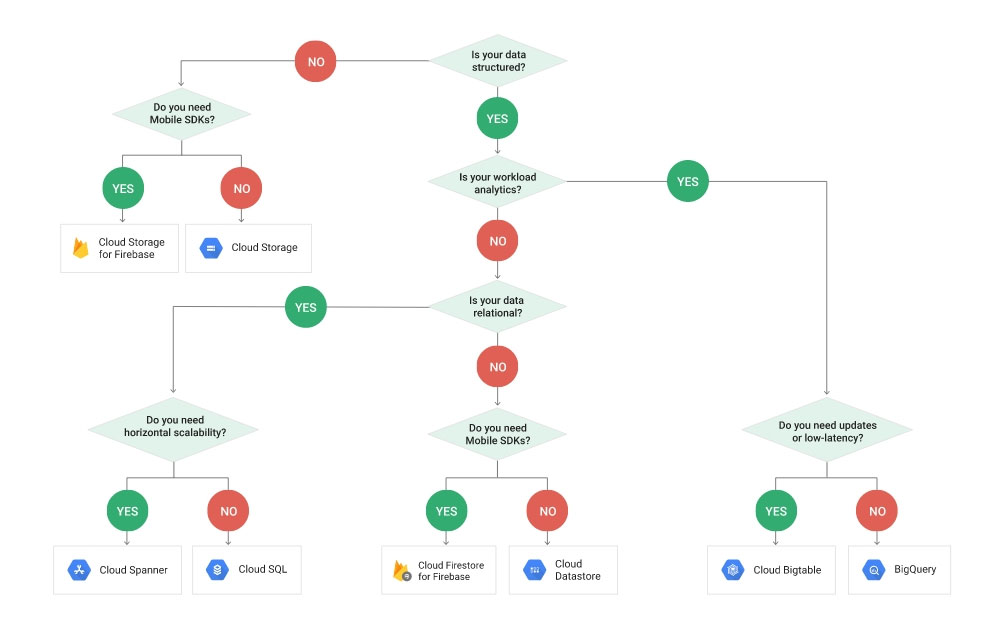Best Infrastructure for Promotional Email Campaign
Question
Your marketing department wants to send out a promotional email campaign.
The development team wants to minimize direct operation management.
They project a wide range of possible customer responses, from 100 to 500,000 click-through per day.
The link leads to a simple website that explains the promotion and collects user information and preferences.
Which infrastructure should you recommend? (Choose two.)
Answers
Explanations
Click on the arrows to vote for the correct answer
A. B. C. D.AC.

To recommend the appropriate infrastructure for the promotional email campaign, we need to consider the requirements and constraints. The marketing department wants to send out a promotional email campaign, and the development team wants to minimize direct operation management. The website that the email campaign links to must be able to handle a wide range of customer responses, from 100 to 500,000 click-through per day. Additionally, user information and preferences must be stored securely. Based on these requirements and constraints, the two recommended options are:
Option A: Use Google App Engine to serve the website and Google Cloud Datastore to store user data. Google App Engine (GAE) is a managed serverless platform that allows developers to deploy and scale applications quickly and easily without worrying about infrastructure management. GAE can handle a high volume of requests, which makes it suitable for handling the expected traffic of the email campaign. Google Cloud Datastore is a NoSQL document database that can handle structured and unstructured data. It is a fully managed service that scales automatically and provides robust data storage and querying capabilities. Using GAE and Cloud Datastore, the development team can focus on developing the website and collecting user data, without worrying about managing servers.
Option B: Use a Google Kubernetes Engine (GKE) cluster to serve the website and store data to persistent disk. Google Kubernetes Engine (GKE) is a managed Kubernetes service that allows developers to deploy, manage, and scale containerized applications quickly and easily. It provides a high level of flexibility and control over the infrastructure, making it suitable for the development team's requirement to minimize direct operation management. With GKE, the team can deploy and scale the website in containers, allowing for greater efficiency and easier management. The data collected from the website can be stored in a persistent disk, which provides a reliable and durable storage solution.
Option C: Use a managed instance group to serve the website and Google Cloud Bigtable to store user data. A managed instance group (MIG) is a managed service that allows for the creation and management of identical Compute Engine instances. It provides automatic scaling, load balancing, and health checking. This makes it suitable for handling the expected traffic of the email campaign. Google Cloud Bigtable is a NoSQL database that can handle large amounts of structured and semi-structured data with high throughput and low latency. It is suitable for storing user data from the website. However, using MIG requires the development team to manage the infrastructure, which is contrary to their desire to minimize direct operation management.
Option D: Use a single Compute Engine virtual machine (VM) to host a web server, backed by Google Cloud SQL. Using a single Compute Engine VM to host a web server is suitable for small-scale applications but may not be suitable for the expected traffic of the email campaign. Additionally, managing a single VM requires more effort than using a managed service like GAE or GKE. Google Cloud SQL is a managed relational database service that provides high availability and automatic backups. However, using a single VM can create a single point of failure, and scaling can be difficult.
In conclusion, the recommended options are A and B, as they meet the requirements and constraints and provide efficient and scalable infrastructure without requiring much direct operation management.